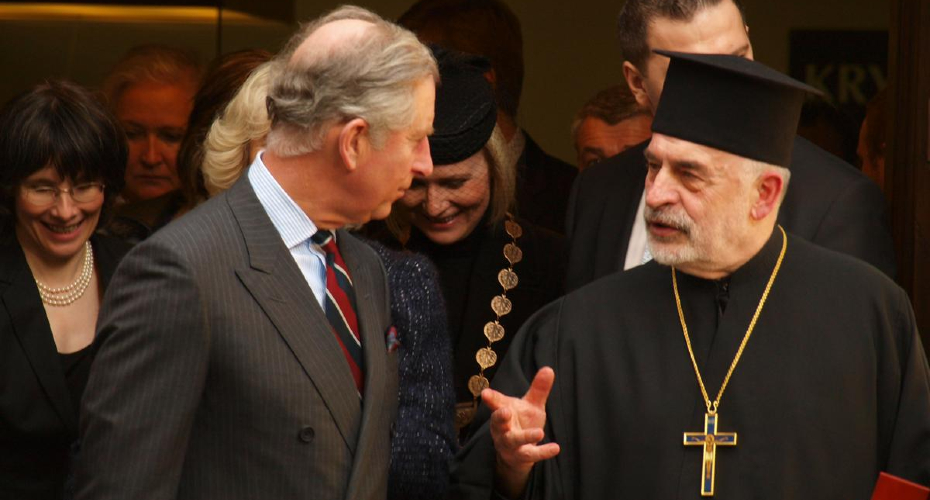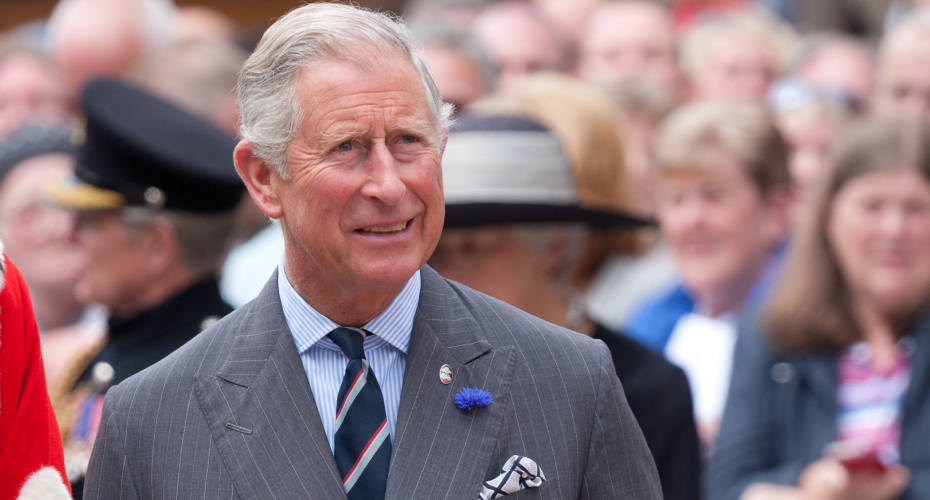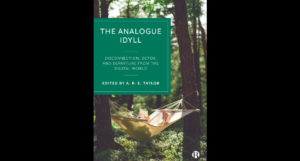Coronation 2023: The Coronation, the Church of England, and the awkwardness of ‘Defending the Faith’
Professor David Tollerton, in the third opinion piece of Coronation Week, explores the role of the monarchy as ‘Defender of the Faith’.

By Professor David Tollerton, Associate Professor in Memory Studies, in the Department of Classics, Ancient History, Religion and Theology.
To anyone watching the coronation this weekend, it will be readily apparent that this ceremony is not just about secular governance. King Charles will be crowned not simply as sovereign ruler but also confirmed as supreme governor of the Church of England and ‘Defender of the Faith’. In this moment, the intertwining of the state with one particular version of Christianity will be made crystal clear on television screens around the country.
But in comparison to the coronation of Queen Elizabeth II, it is an aspect of the event that is now decidedly more awkward. This is both with regard to Charles’ own past views on the matter but, more importantly, also in terms of the contemporary credibility of privileging the Church of England in such a manner.
Charles’ public opinions on the issue appear to have subtly shifted over time. Speaking on an ITV documentary in 1994, he sounded rather sceptical about the title of ‘Defender of the Faith’, stating that, “I would personally much rather see it as Defender of Faith, not the faith”. His rationale was framed in decidedly multicultural terms:
“People have fought each other to death over these things, which seems like a peculiar waste of people’s energy when we’re all actually aiming for the same ultimate goal I think. I would much rather it was seen as defending faith itself […] I’ve always felt the Catholic subjects of the sovereign are equally important as the Anglican ones, as the Protestant ones. Likewise, I think that the Islamic subjects or the Hindu subjects or the Zoroastrian subjects of the sovereign are of equal and vital importance.”
Speaking to the BBC, 20 years later, Charles’ emphasis seemed to change:
“I said I would rather be seen as ‘Defender of Faith’ all those years ago, because, as I tried to describe, I mind about the inclusion of other people’s faiths and their freedom to worship in this country. And it’s always seemed to me that, while at the same time being ‘Defender of the Faith’ you can also be protector of faiths […] You have to come from your own Christian standpoint – in the case I have as ‘Defender of the Faith’ – and ensuring that other people’s faiths can also be practised.”
The tone here is slightly different, suggesting that the privileging of Anglicanism is acceptable alongside a wider umbrella of toleration of other faith communities. By the time of Charles’ first public address as king in 2022, his position seemed fairly unequivocal. He said: “Our values have remained and must remain constant; the role and the duties of monarchy also remain, as does the sovereign’s particular relationship and responsibility towards the Church of England.”

But how coherent is this vision of ‘Defending the Faith’ while protecting multiple worldviews? Few would accuse the 21st century Church of England of authoritarian intolerance toward minority religions; it is involved with an abundant number of interfaith initiatives, and the crime of committing blasphemy against the Church of England was repealed in 2008 without much protest from clergy. Yet there are nonetheless tensions. For example, to the annoyance of the current Chief Rabbi, the church still formally supports the particular targeting of Jewish communities for conversion. More broadly, binding the state and the Church of England together risks implying that Anglicans are closer to the centre of national identity while others are more peripheral. Confronted with the title, ‘Defender of the Faith’, we might ask who the church is being defended against, and how such people can be deemed equally valid members of society.
Set against such questions is a context in which identification with the Church of England has drastically declined over recent decades. Results from the 2021 England and Wales census showed a notable drop in the number of people self-defining as Christian, but this generalised approach masked the extent to which most of the decline is associated with the Church of England. According to British Social Attitudes data, affiliation with the church is highly age-dependent, with only 1% of 18-24 years olds identifying with the institution. Strikingly, this echoes generational attitudes toward the monarchy. The younger you are, the less likely you are to identify with the Church of England or be enthusiastic about the coronation of King Charles III.
We might conclude that none of this matters. Perhaps the monarchy and its affiliation with the Church of England is really just about theatrical pageantry, insubstantial symbolism, and an inconsequential sense of cultural tradition. It is, of course, easy enough to avoid watching the coronation and ignore the existence of your local parish church. But I suggest that this does matter. Picking up on the issue of generational attitudes, it is ultimately problematic if many young people feel disengaged from what are, at least in principle, some of the major constitutional bodies of the nation. It encourages an overall apathy that, in related contexts, can be highly consequential – the comparatively low turnout of young people in elections being the major example.
Speculatively, we might wonder what would have happened if Charles had travelled further down the more multicultural path he appeared to be gesturing toward in the 1990s. Demanding that he instead be ‘Defender of Faith’ would have probably provoked major constitutional headaches as well as cries of anguish from conservative traditionalists. But it would have stirred up things in a way that might, in the long run, have significantly helped out the Royal Family.



